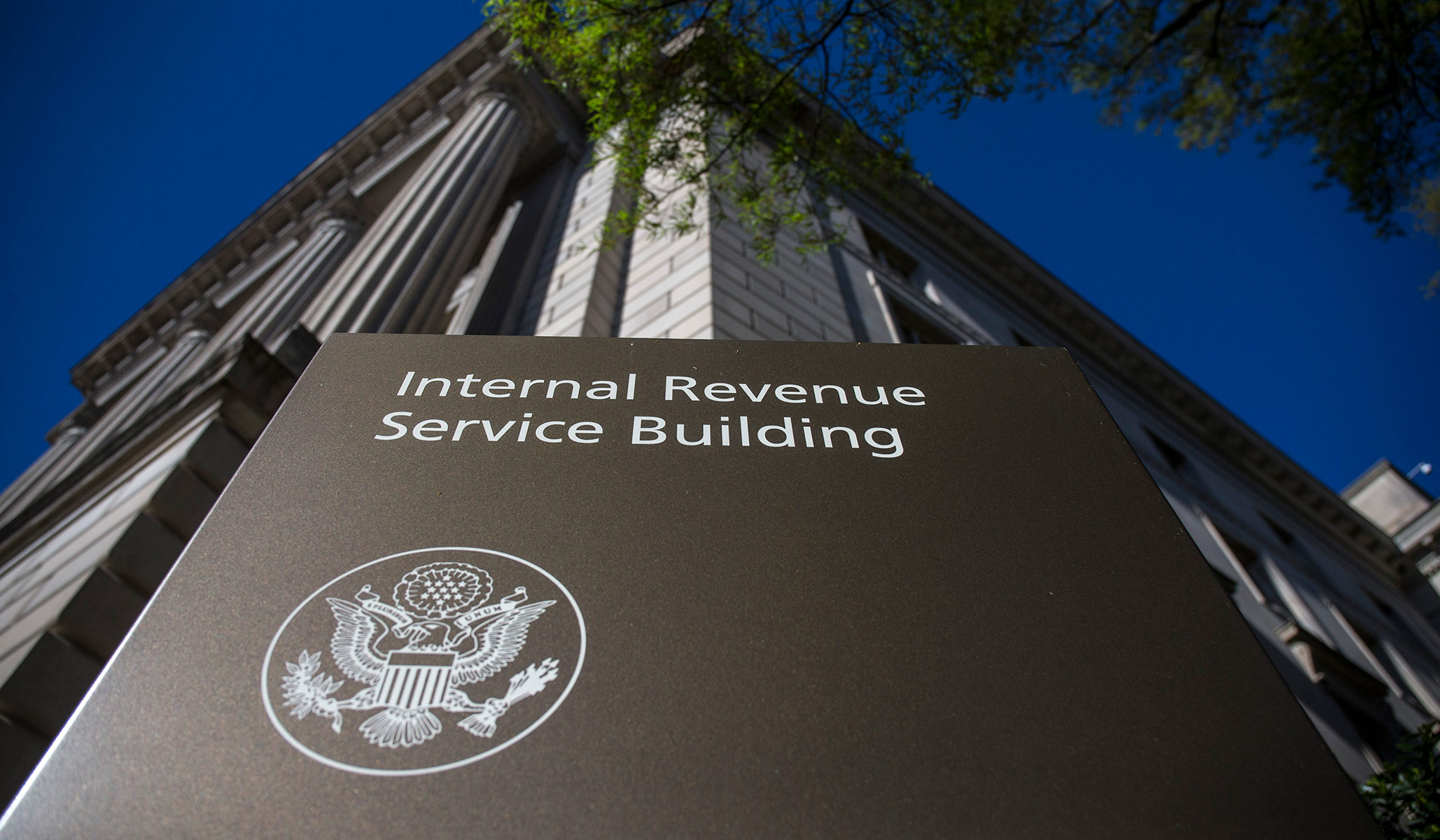


Is protecting the ‘system’ more important than our constitutional rights?
NRPLUS MEMBER ARTICLE C ongress recently gave the commissioner of the Internal Revenue Service (IRS) a chauffeur as part of a $1.7 trillion spending bill that nobody actually read. In another such bill, Congress required reporting of individuals’ payments of as little as $600. The hypocrisy, and the problem, arise from Progressive Era reforms that centralized power in the federal government and created the income tax.
Worse, however, is the deep and serious inconsistency between the income tax and our nation’s foundational protection of privacy, the Fourth Amendment. In tax investigations, the courts essentially give the IRS carte blanche to seize and search financial information without regard to constitutional limits. The modern era of digitization has made this hugely consequential for our financial privacy, personal autonomy, and security.
Ordinarily, when government agents seize or search our personal items and information, they mustn’t violate our reasonable expectations of privacy or our property rights in ourselves, our houses, papers, or effects. Doing so requires a warrant. Yet the U.S. Supreme Court and federal appeals courts have, over time, written some real gems to explain away IRS seizures of financial information.
In 1975, the Supreme Court dismissed the need for probable-cause warrants in tax investigations under the Internal Revenue Code, writing, “The purpose of the statutes is not to accuse, but to inquire. Although such investigations unquestionably involve some invasion of privacy, they are essential to our self-reporting system.” The IRS is “inquiring,” and we have this system, so probable-cause warrants go out the window.
More in IRS
-
Will the IRS Lose Its $80 Billion Appropriation?
-
House Republicans to Vote on Bill to Abolish IRS
-
Biden’s Tax Plan Calls for Indiscriminate Spying
The most careful assessment of this IRS power took place during a 1969 case in the Fifth Circuit Court of Appeals. It found that “the effective operation of the revenue system requires that the Commissioner be free to inspect taxpayers’ records in order to ensure compliance with the revenue laws.” Once again, a court effectively ruled that “the system” is more important than the people and their constitutional rights. The only way to challenge IRS seizures of personal financial data seems to be to show that the IRS is seeking to abuse the individual taxpayer.
Sweeping changes in the last two or three decades make the rights that protect financial privacy vastly more important and more threatened than ever before. The digitization of financial records makes it all the easier to record, share, and process this personal information. It gives the government far greater power than paper records did, and there is a far greater risk of harm to taxpayers from potential breaches of their financial data and their exposure to criminal organizations and foreign governments.
We emphasized these risks in a lawsuit I filed in New Hampshire with the support of the New Civil Liberties Alliance, arguing that the IRS’s seizure of my personal financial information from a cryptocurrency exchange was contrary to the Fourth Amendment, my Fifth Amendment due-process rights, and the standards set in the Internal Revenue Code. Given the tradition of “self-custody” in the crypto world — holding one’s assets on one’s personal devices rather than in banks — if information about my cryptocurrency activities end up in the hands of criminals, it could expose me and my family to kidnapping, home invasion, and maybe worse. Due to the rise in Bitcoin’s price, criminals could mistake transactions from a decade ago that were worth thousands of dollars for transactions worth hundreds of thousands — even millions — of dollars if they were made today. An IRS data breach could bring violent criminals to my door.
The IRS’s first response was to argue that the courts can’t even consider my case. What the IRS wants the IRS gets. But the First Circuit Court of Appeals batted that argument down. Taxpayers can at least have access to the courts.
Currently, the IRS is arguing that I have no interest in my financial records, so the government can take them from anyone who has them, including a cryptocurrency exchange that makes standard contractual promises of privacy in its terms of service. The IRS says that its court-granted carte blanche means I have no grounds to complain.
Perhaps I’m unsympathetic as a plaintiff, but I am not part of the freewheeling crypto culture that produces debacles such as the collapse of FTX. Many individuals such as myself have invested prudently, securing our families’ financial futures, and we are mindful of our physical security. It would be one thing if the IRS saw me as a suspect, but the law doesn’t even require suspicion. Aided by awful court precedent, the IRS believes that it gets to feed my information into its maw and place my data at risk without regard to our basic laws — and that is unconstitutional.
